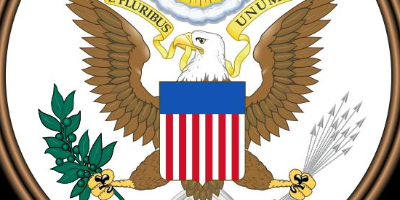may 30, 1854 - Kansas-Nebraska Act of 1854
Description:
An act passed by Congress granting the territories of Kansas and Nebraska the ability to decide the legality of slavery through popular sovereignty. In 1854, Democratic Senator Stephen Douglas wanted to build a transcontinental railroad that terminated in his state of Illinois. To do that, the railroad had to pass through either Kansas or Nebraska, and to do that he wanted them to achieve statehood. The question of slavery soon arose, and to combat it Douglas suggested the idea of popular sovereignty be used. The new states' residents would vote to permit or abolish slavery, much like in the Utah and New Mexico territories were allowed to as per the Compromise of 1850. This again contradicted the 36°30' line created by the Missouri Compromise, which prohibited slavery above said parallel, which both Kansas and Nebraska were. However, Douglas, like many Congressmen, assumed the Southern state of Kansas would move to allow slavery, whereas the Northern state of Nebraska would abolish it, allowing the balance of power in the Senate to be maintained. Though he was right about Nebraska, an unexpectedly powerful abolitionist movement in Kansas would lead to the events in Bleeding Kansas.Added to timeline:
Date:
may 30, 1854
Now
~ 171 years ago
